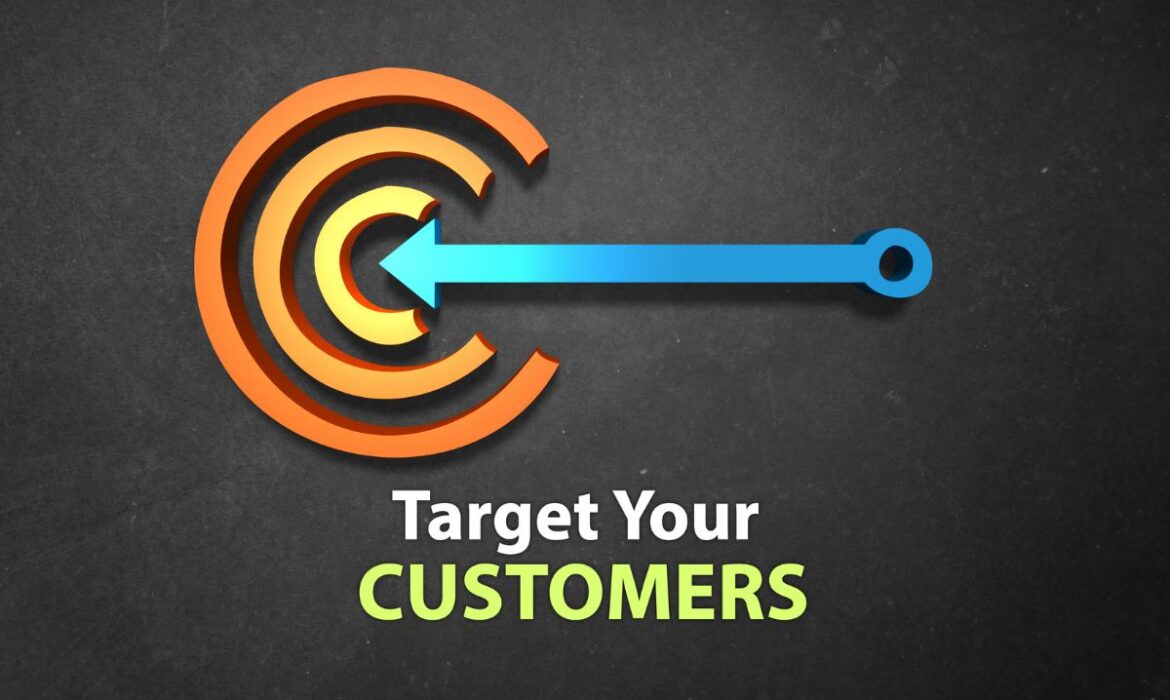Defining your target audience is one of the essential pillars for the success of any marketing strategy. The importance of properly understanding and segmenting your audience lies in the fact that it allows you to direct efforts and resources more efficiently, achieving deeper and more relevant connections. By identifying who you are targeting, you can create messages that truly resonate, aligned with the interests, needs and desires of your audience, which increases the likelihood of conversion and brand loyalty.
Knowing your target audience is not only about collecting demographic data, such as age or location, but also about exploring psychographic aspects: interests, lifestyle, values and purchasing behaviors. This approach allows you to personalize your marketing message, showing empathy and understanding towards the specific problems or needs your audience faces. This personalization not only increases the likelihood that consumers will identify with your product or service, but also strengthens the positive perception of your brand.
In addition, a well-done analysis of the target audience helps to optimize resources. By knowing exactly who you want to reach, you can design campaigns that avoid wasting budget on audiences that are unlikely to be interested in your offer. For example, instead of investing in mass advertising, you can opt for segmented digital strategies, which allow you to adjust the message and channels to the preferences of the target group. This translates into greater resource efficiency and better results.
In the long run, defining your target audience helps you build long-lasting, trusting relationships with your customers. Your audience will feel valued by perceiving that your brand understands them, and this encourages loyalty and recommendations. A customer who feels affinity with your brand not only makes a repeat purchase, but becomes an ambassador, promoting your product organically and increasing your business’ reach.
Ultimately, the importance of defining your target audience lies in the ability to create more effective marketing strategies, optimize resources, and build a genuine connection with consumers. To delve deeper into how to define your audience and implement this strategy effectively, check out this helpful resource on market segmentation .






